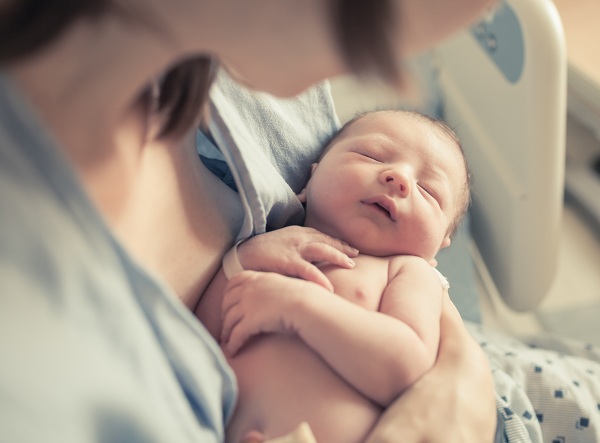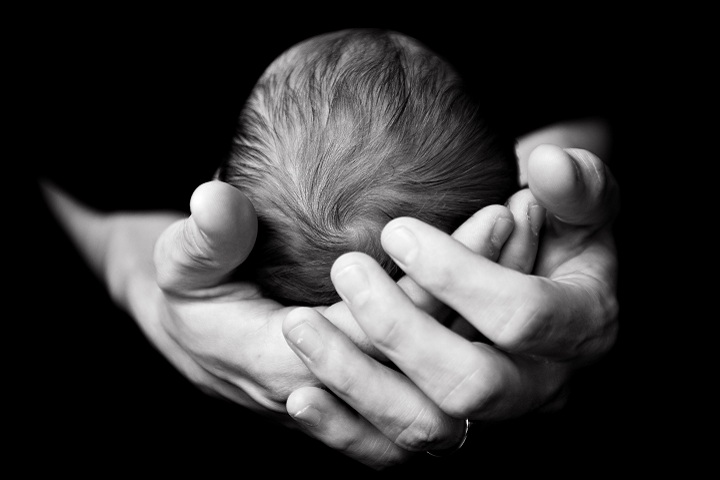Circumcising babies is a common practice in many countries and cultures. Babies may be circumcised due to the religious beliefs of the parents and/or guardians or for medical or health reasons. However, if you are concerned about circumcising your newborn because of the ongoing COVID-19 pandemic, this is a valid fear. Many parents and/or guardians of newborns are quite concerned about this.
If you want to know whether your newborn should be circumcised, no worries. This article summarizes some key points so that you are more informed about what circumcision is and how this minor surgical procedure is done. Then you are better able to decide if your child should be circumcised at this time.
What is Circumcision?
Circumcision is a surgical procedure done to remove the foreskin of the penis of a male. The procedure is often done on newborns as requested by the parents and/or guardians of the newborn child for religious reasons, or by other individuals for medical, health, or aesthetic reasons. Jews and Muslims are the usual religious groups that request this surgical procedure on their newborns, usually from 1 to 2 days after birth.
Why Is Circumcision Necessary?
Circumcision can be done on a male newborn infant for health reasons, or as mentioned, for cultural or traditional beliefs. In terms of health, circumcised males are believed to have a lower risk of developing sexually transmitted diseases such as HIV, herpes, or gonorrhea. In addition, a circumcised male can also have some protection from cancer of the penis. At the same time, these benefits are not limited to male infant circumcisions; even adult circumcision can have the same effects.
However, in countries such as the US or Canada, circumcision is deemed an elective procedure, which means that doctors do not consider this as necessary at all. There is an increasing decline of male infant circumcision in the UK, Canada, Ireland, and Australia but an increasing demand in South Africa. Generally, however, some 80% of the world’s countries have never practiced male infant circumcision. These include the USSR, China, Japan, Austria, France, Switzerland, and Germany.
Will the Newborn Be At Risk of COVID-19 Infection if Circumcised?
Before you agree to male newborn circumcision, it is always a good idea to look for a hospital or clinic such as Circumcision Manchester. You should check that all services and procedures are guaranteed clean and sterile. At the same time, you should check that a doctor who is experienced in newborn circumcision procedure is available.
You can also check information online or from the City Hall that has jurisdiction over the location of the hospital or clinic to see if it is a hub for COVID-19 infections. If there is no word yet about which locations are a hub for COVID-19 infections in your community, you may defer the circumcision until after the risk of COVID-19 spreading in your neighborhood has tapered off.
 How to Protect Your Newborn from COVID-19 Infection
How to Protect Your Newborn from COVID-19 Infection
To lessen the risk of COVID-19 infection even before the newborn is circumcised, it is important for the parents and/or guardian of the infant to be careful about going out of the home of the child since they may become asymptomatic carriers of the virus. If you want to ensure the health of your newborn, keep the child away from visitors, even if they are family members. At the same time, have yourself and your spouse as well as those living in your home tested for possible COVID-19 infection.
Here are some key pointers on how you can prevent the spread of COVID-19 to your newborn:
- The home of the child should be kept as clean and sterile as possible, with emphasis on the nursery or the room where the child will be staying.
- Everyone should always wear a clean new surgical mask and always disinfect their hands with soap and water so that they won’t pass on any pathogens or viruses to the child.
- Take a shower every day and wear clean clothes before you attempt to change or feed your infant.
- You can rely on videos taken through your cellphone to keep other family members updated about what is happening within the nursery if they really need to know.
- If you do have to leave the house for some reason, you should make it a point to disinfect your entire body, your shoes, bags, and particularly your hair and clothes before venturing back into the house. Remember to maintain your house as a “clean zone” so that you won’t bring in the virus into your home.
- If you go out shopping, disinfect every package that you bring into the house.
- Always wear clean clothes and indoor slippers or shoes after you have disinfected yourself.
- Make sure that used clothes and shoes are disinfected right away.
- Monitor the health of other family members as well. If anyone seems to be developing signs of COVID-19 infection, have them tested then isolated for 14 days in their own room. Make sure they do not leave their room until the 14 days are over, but not before the test results come back negative.
- If the family member tests positive for the COVID-19 infection, it is best to keep that family member in their room with absolutely zero contact with other members of the household. Make sure and observe if that person develops advanced signs of the COVID-19 infection.
- Make sure to follow the quarantine rules strictly. You should try and stay within the nursery or baby’s room 24/7 so that you can closely observe your newborn for any signs of illness.
Takeaways
It is good to acknowledge the possibility that your newborn can get exposed to the COVID-19 virus somehow, particularly if the newborn is supposed to be circumcised. It is more important to protect your newborn from viral exposure than to rush a traditional or religious ritual. Bringing your child out of the house for a circumcision seems unwise at this point when the pandemic is still ongoing. You should defer the circumcision, preferably after health authorities have cleared your community from the list of COVID-19 hotspots. These steps can help protect your newborn from possible viral infection.


















